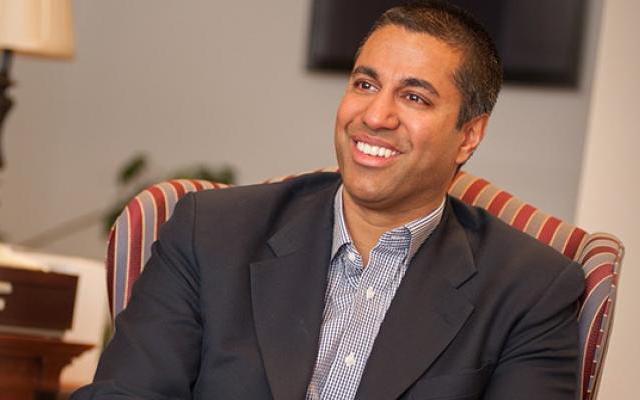
According to recent letters posted by the agency, a number of inquiries into how carriers allow customers to access some services without it counting against their data, have been dropped. An instance of this is T-Mobile’s Binge-On program, which was being investigated for unfairly favoring some services over others. Similar concerns were raised over AT&T’s Sponsored Data program.
Advocates of net neutrality have long held to the belief that such programs are harmful to lesser-known services, and that carrier giants should be able to pick the winners and losers of the internet. Critics of net neutrality, however, argue that such rules harm competition among carriers.
Identical letters were sent to T-Mobile, Verizon, AT&T, and Comcast today, suggesting that inquiries have been dropped and investigations closed. T-Mobile has arguably been the most dominant force in offering sponsored data programs, and its Binge-On service has been quite popular among customers.
“Any conclusions, preliminary or otherwise, expressed during the course of the inquiry will have no legal or other meaning or effect going forward,” read the letter. On top of posting the letter to the FCC website, FCC chairman Ajit Pai confirmed separately that the FCC would not be making similar inquiries in the future.
“These free-data plans have proven to be popular among consumers, particularly low-income Americans, and have enhanced competition in the wireless marketplace,” Pai said. “Going forward, the Federal Communications Commission will not focus on denying Americans free data. Instead, we will concentrate on expanding broadband deployment and encouraging innovative service offerings.”
Only time will tell if this represents the start of a bigger push against Title II and net neutrality in general.



